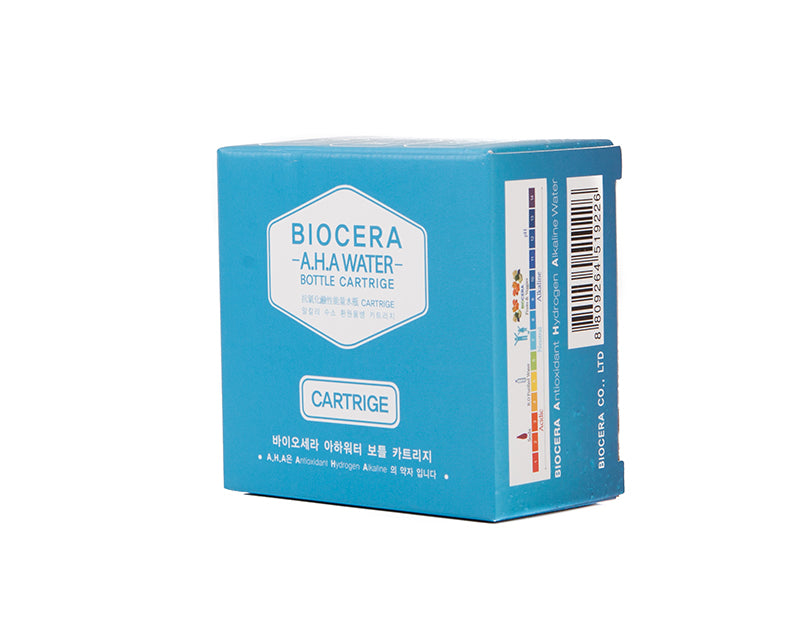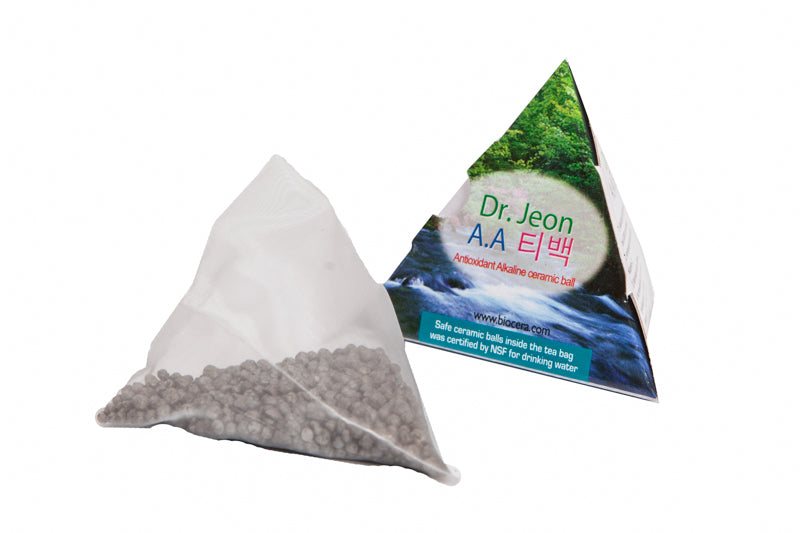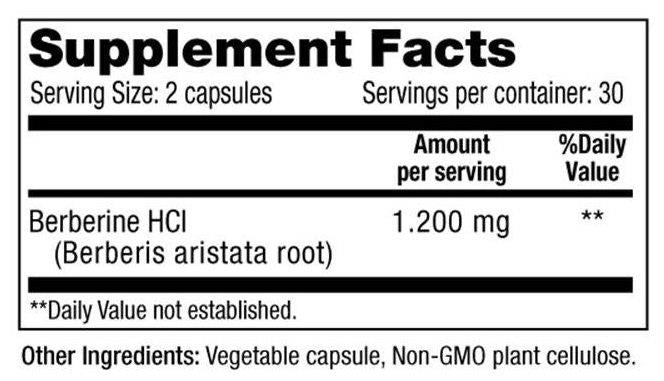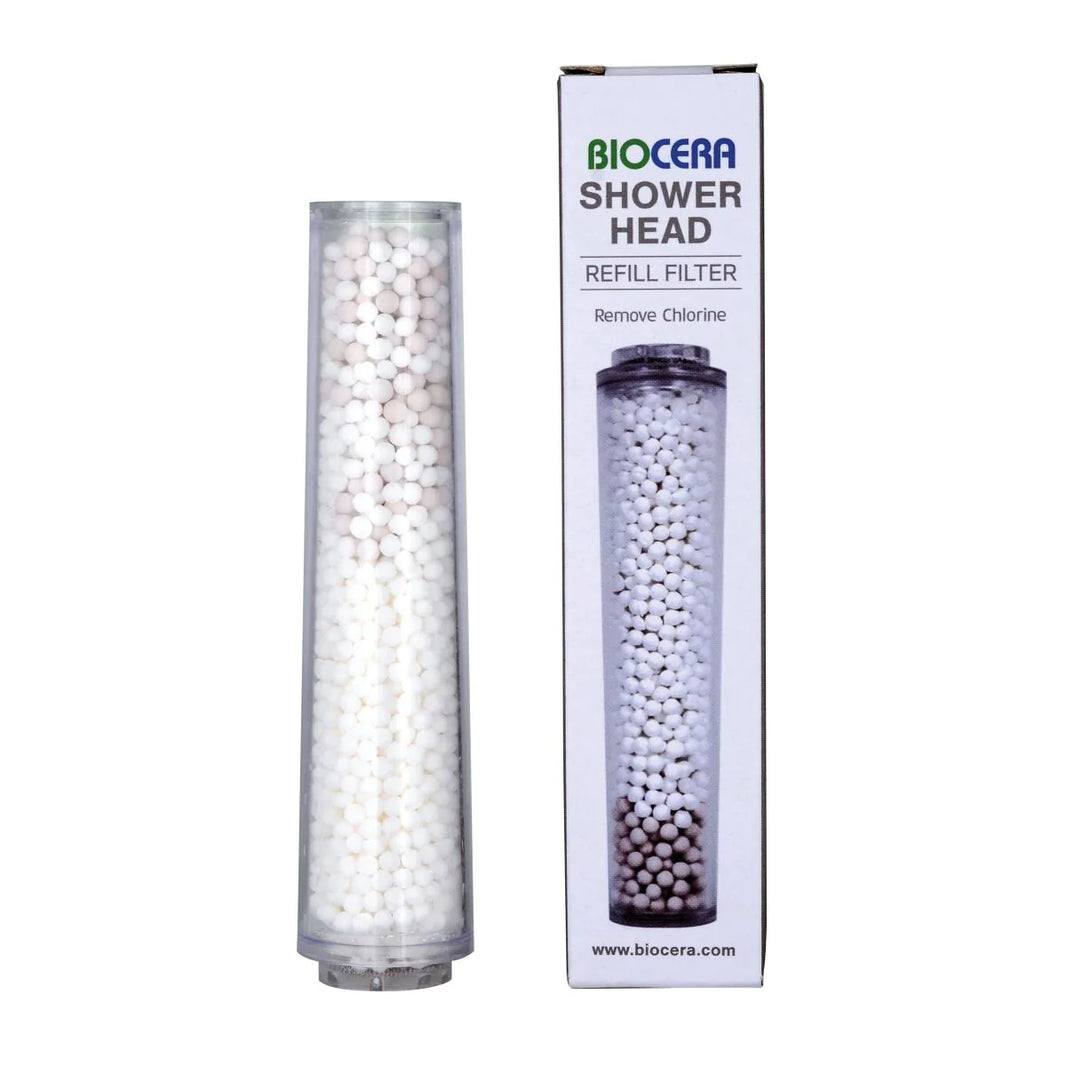Does the Gut-Brain-Axis Affect Neurodegenerative Disease?
Recent explosive and ever-evolving research studies have been paying a lot of attention to the gut-brain axis (GBA) or mind-body connection.
Looking at the body as a “whole” system rather than fractured systems is now becoming the mainstream approach to health.
In particular, the gut microbiota has been a focus due to the impact it has on our overall health... and quite rightly so!
For a long time, microorganisms have been researched to find out more about their ability to alter the mind and how they contribute to diseases.
This has been explored in detail in a recent study that highlighted how the microbiome changes the brain and plays a major role in the progression of neurodegenerative diseases.
What Is the Gut Microbiota/Microbiome?
To set the record straight, gut flora, gut microbiota and microbiome all mean the same thing. It’s often cited in modern literature that there are more bacterial cells then human cells in the body, however a more recent study has discovered that we have roughly the same number of human cells as bacterial cells.
This finding doesn’t affect the massive impact that microbes have on our health.
The microbiome is made up of trillions of microbes such as bacteria, viruses and fungi. Bacterial cells are the most widely-researched microbe in the human body. Although there are bacterial cells in all areas of the body, they are most concentrated in the colon.
When we say “gut microbiome”, we are normally referring to the colonisation of bacteria in an area of the large intestine called the cecum.
Microbes are the Key to Health
Ensuring that we have a healthy balance of bacteria in the gut is often the missing link in many chronic illnesses such as diabetes, cardiovascular disease and neurodegenerative diseases like depression.
The bidirectional relationship between the gut and the brain has been implicated in neuropsychiatric disorders such as schizophrenia, autistic disorders, anxiety disorders and major depressive disorder.
Related: Which Foods to Eat and Avoid for Better Mental Health
Working to ensure that we have a healthy gut microbiota will produce a strong immune system, which helps to ward off disease. Additionally, neurotransmitters serotonin and GABA are produced in the gut and alter mood and sleep cycles, which have a massive impact on the progression of diseases like depression.
The microbiota can also alter the expression of BDNF and has been found to affect anxiety, hyperactivity and cognition in animal models.
What is Serotonin?
Although serotonin is a brain neurotransmitter, it’s estimated that 90% is made in the gut.
Serotonin impacts our lives on many levels as it controls mood, sexual function, appetite, sleep, memory, learning, temperature regulation, and some social behaviour.
Produced by the enterochromaffin (EC) cells lining the digestive tract, serotonin is a key component in the gut-brain axis.
What is GABA?
Gamma-Aminobutyric Acid, GABA for short, is the body’s primary inhibitory neurotransmitter and is also responsible for growth of embryonic cells and stem cells.
GABA’s main role is the reduction of excitability in the central nervous system. GABA counteracts glutamate (the body’s main excitotoxin) and promotes a restful sleep and also aids in the regeneration of muscle tissue.
Optimal homeostasis (balance) in the body results in vibrant health, where neurotransmitters can function correctly to signal healthy patterns of rest and action.
Some of the “good” bacteria in our gut, for example Bacteroides ssp, Parabacteroides and Escherichia, produce high amounts of GABA. Therefore, promoting good bacteria is essential for overall health and wellbeing.
The Developing Brain
The gut and brain are anatomically far apart, however they have a powerful relationship. In fact, optimal bacterial gut flora plays a major role in the post-natal development of both the immune and endocrine systems.
Indeed, a balanced microbiome has a massive impact on human development during pregnancy and beyond.
Brain-derived neurotrophic factor (BDNF) plays an important role in brain development in children. Reduced BDNF has been found in children with autism spectrum disorder (ASD).
Maternal lifestyle factors that alter the microbiome, for example smoking or drinking can alter the children’s neurodevelopmental processes. Taking measures to balance the microbes in the gut is therefore essential to enhance healthy development.
Related: 15 Proven Ways to Increase Your Brain’s Growth Hormones
Molecular Pathways Involved in the Gut-Brain Axis
Your brain and gut are in constant communication, connected by an information highway known as the vagus nerve. Interestingly, the hypothalamic pituitary adrenal (HPA)-axis that is responsible for the stress response is also involved in the transmission of information through the CN during digestion.
As such, it is important to be in a relaxed state and free from stress when eating and digesting food.
The microbiota affects brain function through gut permeability, also known as “leaky gut”. Due to the bacterial metabolites GABA and serotonin being created in the EC cells that line the gut, permeability can alter the brain’s function.
Additionally foreign proteins can cross the gut brain barrier and cause inflammation. Cytokines are pro-inflammatory proteins that cross the blood-brain barrier, depositing protein and causing neuroinflammation.
This disrupts cell functioning and may lead to the formation of plaque.
5 Steps to Heal Your Microbiome
“Follow your gut” is a commonly used phrase that may be more important than we previously thought.
If your gut microbiome is out of balance, it can affect all areas of your life. Healing your microbiome is an indubitably important step in reclaiming your health.
The key is to boost the beneficial bacteria and reduce harmful bacteria. Here are five steps that you can take today to heal your gut.
- Reduce alcohol consumption
- Go to bed early as lack of sleep alters the gut microbiome
- Cut out processed foods and sugars from your diet
- Cut out artificial sweeteners – studies show that they reduce the amount of beneficial bacteria in the gut
- Reduce stress – stress has been shown to reduce helpful bacteria and promote harmful bacteria
Conclusion
The importance of a healthy gut microbiome cannot be underestimated. The good news is that you can turn your gut health around in a matter of days according to current research.
To feed your microbiome, it is important to eat a lot of dietary fibre. Fibre works as a prebiotic and feeds the good bacteria in the gut. Opt for a largely plant-based diet that is rich in green leafy vegetables and follow the “5 Steps to Heal Your Microbiome” above to promote good bacteria and reduce the harmful bacteria in your gut.
If you are interested in learning more about gut health, we would encourage you to read our article 3 Key Factors You Must Consider When Trying to Improve Gut Health.
Water for Health Ltd began trading in 2007 with the goal of positively affecting the lives of many. We still retain that mission because we believe that proper hydration and nutrition can make a massive difference to people’s health and quality of life. Click here to find out more.



























Leave a comment